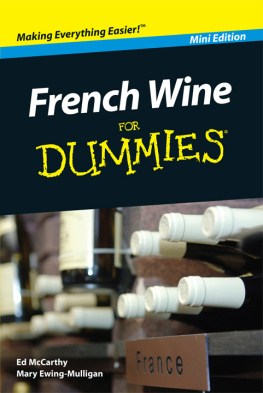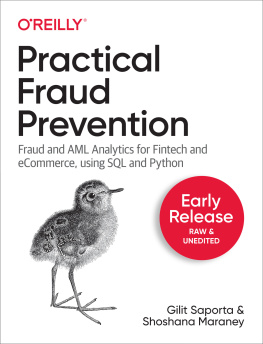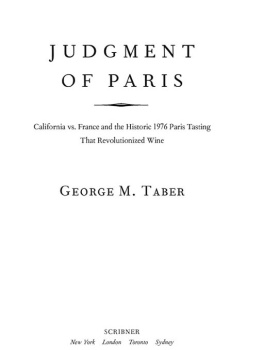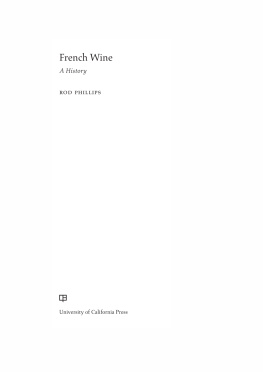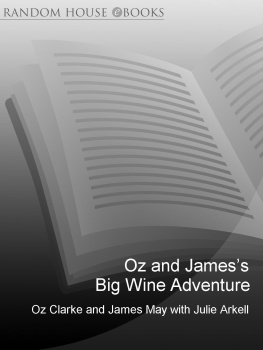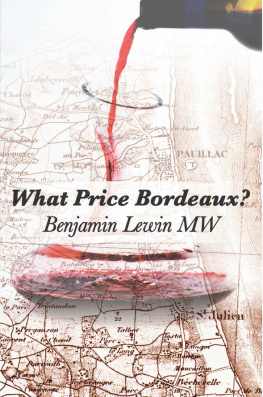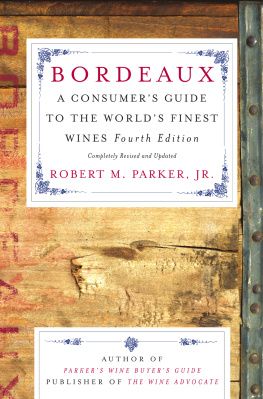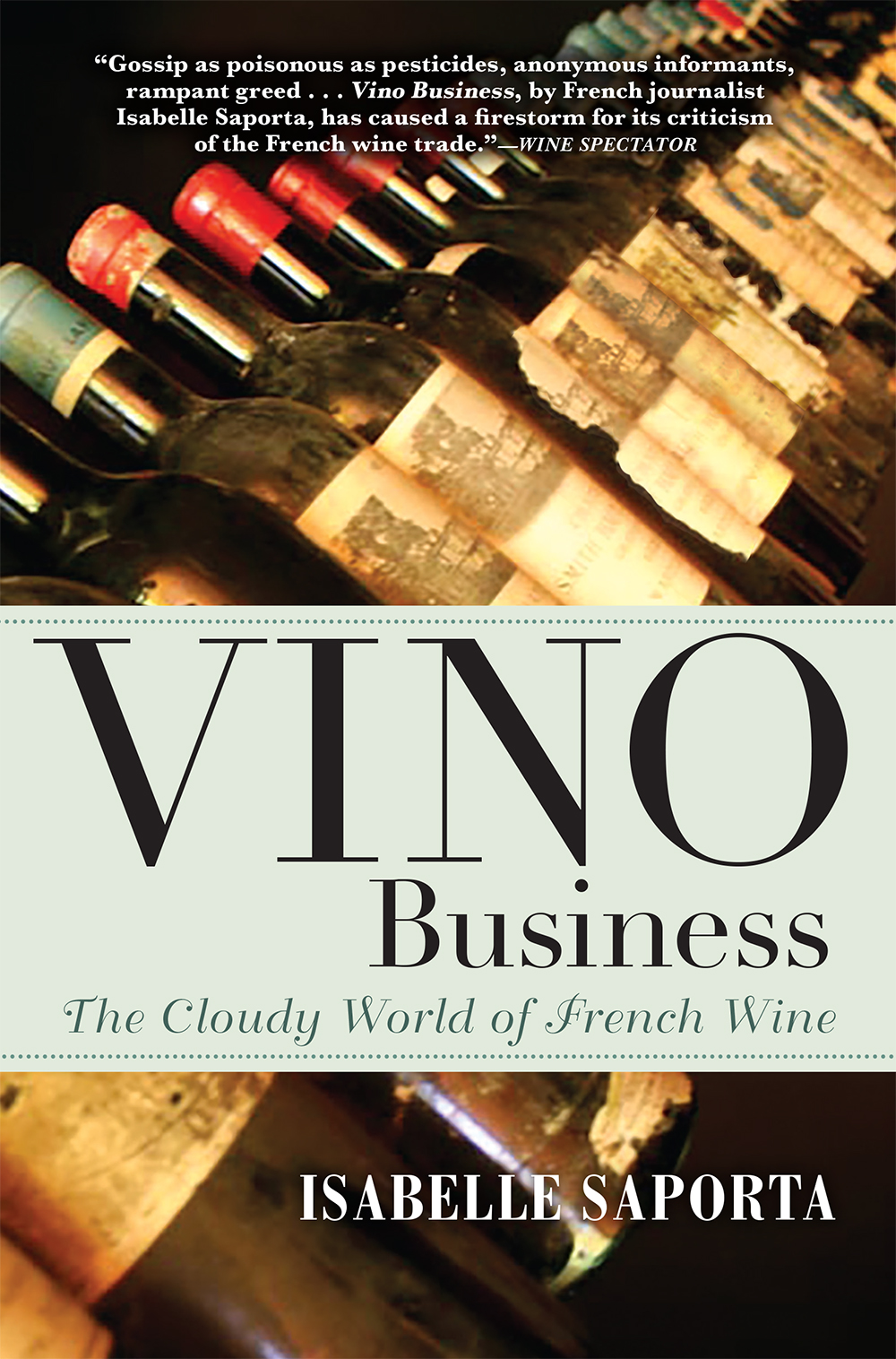Vino
Business
Vino
Business
The Cloudy World
of French Wine
Isabelle Saporta
Translated by
Kate Deimling

Grove Press
New York
Copyright 2014 by ditions Albin Michel
Translation copyright 2015 by Kate Deimling
All rights reserved. No part of this book may be reproduced in any form or by any electronic or mechanical means, including information storage and retrieval systems, without permission in writing from the publisher, except by a reviewer, who may quote brief passages in a review. Scanning, uploading, and electronic distribution of this book or the facilitation of such without the permission of the publisher is prohibited. Please purchase only authorized electronic editions, and do not participate in or encourage electronic piracy of copyrighted materials. Your support of the authors rights is appreciated. Any member of educational institutions wishing to photocopy part or all of the work for classroom use, or anthology, should send inquiries to Grove Atlantic, 154 West 14th Street, New York, NY 10011 or .
First published in France in 2014 by ditions Albin Michel
Published simultaneously in Canada
Printed in the United States of America
ISBN 978-0-8021-2403-6
eISBN 978-0-8021-9088-8
Grove Press
an imprint of Grove Atlantic
154 West 14th Street
New York, NY 10011
Distributed by Publishers Group West
groveatlantic.com
I am grateful to all the great or unrecognized winemakers who fight for their wine every day.
CONTENTS
The Bordeaux Elite and the Fte de la Fleur
Louis Vuitton and Prada Make Wine
The Hidden Side of the System: Blockbuster Wines
The Classification Scandal
Such a Nice Dictator
With a Bogus Authority, the INAO
And in the Middle, a Handful of Alchemists
That Hide a Dangerous Secret
Maintained by Curious Methods
Praised by an Enthusiastic Court
A Very Nice Carnival
Bordeaux Is Booming in China
Vino China
The Sharks Divide Up the Land
The Long March of the Pomerol Exiles
You Have to Think Bigger
The Helicopters of Good Taste
Little Arrangements Between Lords
Pesticide Victims
The One Who Said No
A Little Guy Among the Greats
Tribulations of a Bordeaux Winemaker in China
The CAP Jackpot
Fear, or the Reign of Modern Oenology
My Kingdom for a Chip
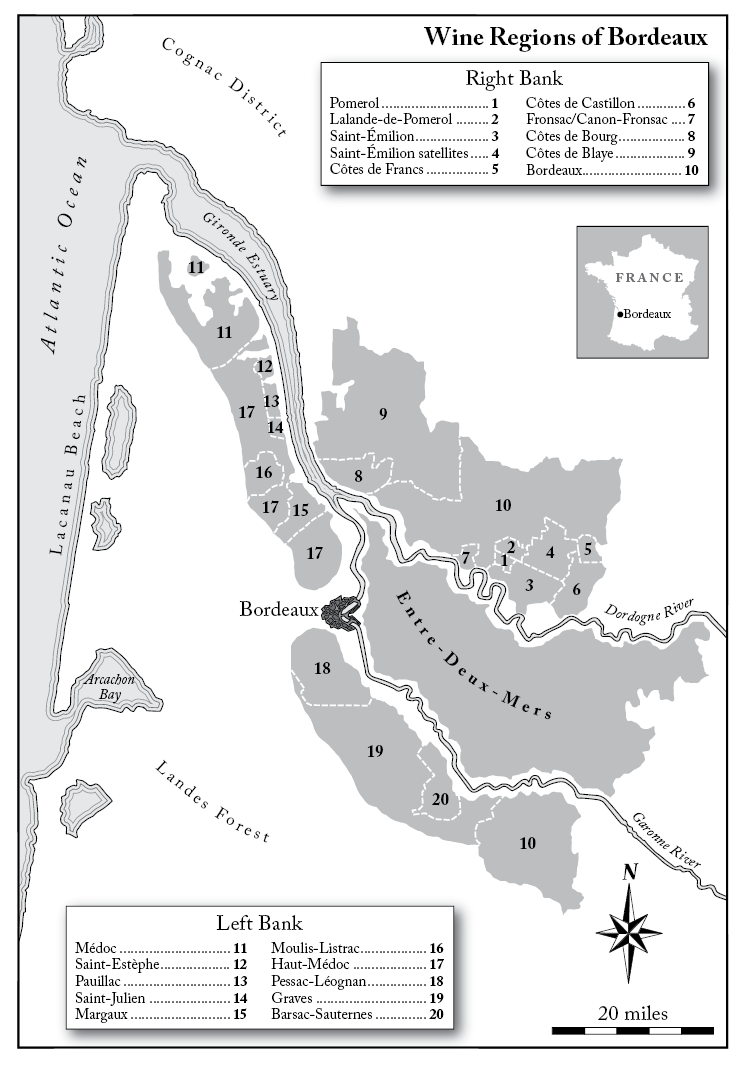
Vino
Business
Introduction
In France, we have no shale gas, no gold mines, and no oil wells, but we have wine, including our famous Bordeaux, whose wines date back to our earliest history. The story of Bordeaux begins with the Roman Empire, when wine was already a coveted symbol of wealth praised by the greatest poets, such as Ausonius. And while Romes decline led to a darker time for this region, the twelfth century and the marriage of Eleanor of Aquitaine to the future king of England, Henri II, led Bordeaux to gloryuntil the Hundred Years War between France and England. Bordeaux then looked to Holland, then to still other markets, until its most recent conquest: China.
Bordeaux is divided into two distinct regions: its left bank, the Mdoc, and its right bank, the Libournais. The Mdocs first classification was organized in 1855 by influential merchants and brokers who decided which wines were worthy of belonging to the holy of holies. The classification has remained almost unchanged since thenexcept that the terroirs covered by it have been greatly expanded. But who cares! The wine still sells just as well. Now that the estates have become huge, many have fallen into corporate hands.
As for the right bank, until recently it had remained in general more family owned. Its wines were not classified until a hundred years after the Mdoc. The classification is revised every ten years in order to be fair and give new challengers a chance to succeed. This was an admirable intention on the part of the creators of the 1955 classification, but they didnt imagine that each new version of the classification would launch a merciless war with colossal sums of money at stake.
The bitter battles fought by the greatest estates to have their wines classified and to obtain the best terroirs resembles the most twisted machinations of Dallas . Modern-day J. R.s have entered the vineyards and made the prices of wine and land skyrocket. And just like the characters of Dallas , they dont shy away from using the dirtiest tricks to make this red gold soar.
This sector represents a lot of money: between 7 billion and 10 billion of export revenue (equivalent to $7.6 million to $10.8 million). And North America is one of our best customers, spending 2.4 billion yearly on our wine. Wine is second only to aeronautics in French exports and every year French journalists express the sales figures for wine in terms of fighter jets. The wine sector currently represents 157 jets, and we have a lot less trouble selling our fine wines than our planes.
So France is a wine power, and Bordeaux is a jewel that is especially popular abroad. Americans have developed a special relationship to it. Its thanks to an American that Bordeaux became an international name. Yet this relatively unknown young man received a cool reception when he first arrived in the Bordeaux region back in 1982. The local chteau owners looked at him with haughty contempt and had to be persuaded to open their doors. Almost no one at the time could have guessed that this American whom they snubbed would become the Million-Dollar Nose, Robert Parker, the man whose hundred-point grading scale makes and destroys the global reputation of wines.
Bordeauxs golden age came about through the convergence of several factors: a strong dollar, a flourishing market, and wealthy golden boys who were looking for any chance to blow their money. Robert Parker gave them this chance by inventing a simple scoring system that even neophytes can master without getting bogged down in the arcane words appellations dorigine contrle , vintages, domaines , chteaux, grands crus classs , and premiers grands crus . Parker didnt just put Bordeaux in the spotlight; he also brought this prestigious appellation into American territory.
Bordeaux has now become a huge business, a subject of large-scale speculation, and a worldwide brand. But as with any great success story involving massive amounts of money, rapid growth has led to a host of new problems. In the Chinese market, Bordeaux winemakers must learn to navigate government interference and rampant counterfeiting. Back in France, wines are heavily treated with pesticides, leading to controversy and concern over health risks to workers and wine drinkers. Meanwhile, our wine-making elite jealously guards its position within the kingdom of France and doesnt hesitate to climb to the top by any means necessary. Say good-bye to the traditional family vineyard. Say hello to the world of Vino Business.
The Bordeaux Elite and the Fte de la Fleur
Security is tighter than at the French presidents palace, with walkie-talkies, barricades, and bodyguards. After guests are asked to leave their cars, flocks of young women in white dresses shield them with umbrellas so they dont get soaked in the pouring rain while stepping to the golf carts that will take them to the chteau. The anticipation is at its peak. A black sedan makes its way through the crowd, the only car permitted to enter the courtyard. It comes to a stop, and French actress Carole Bouquet emerges, looking magnificent.


![Jon Bonné - The New French Wine [Two-Book Boxed Set]: Redefining the Worlds Greatest Wine Culture](/uploads/posts/book/443558/thumbs/jon-bonn-the-new-french-wine-two-book-boxed.jpg)
